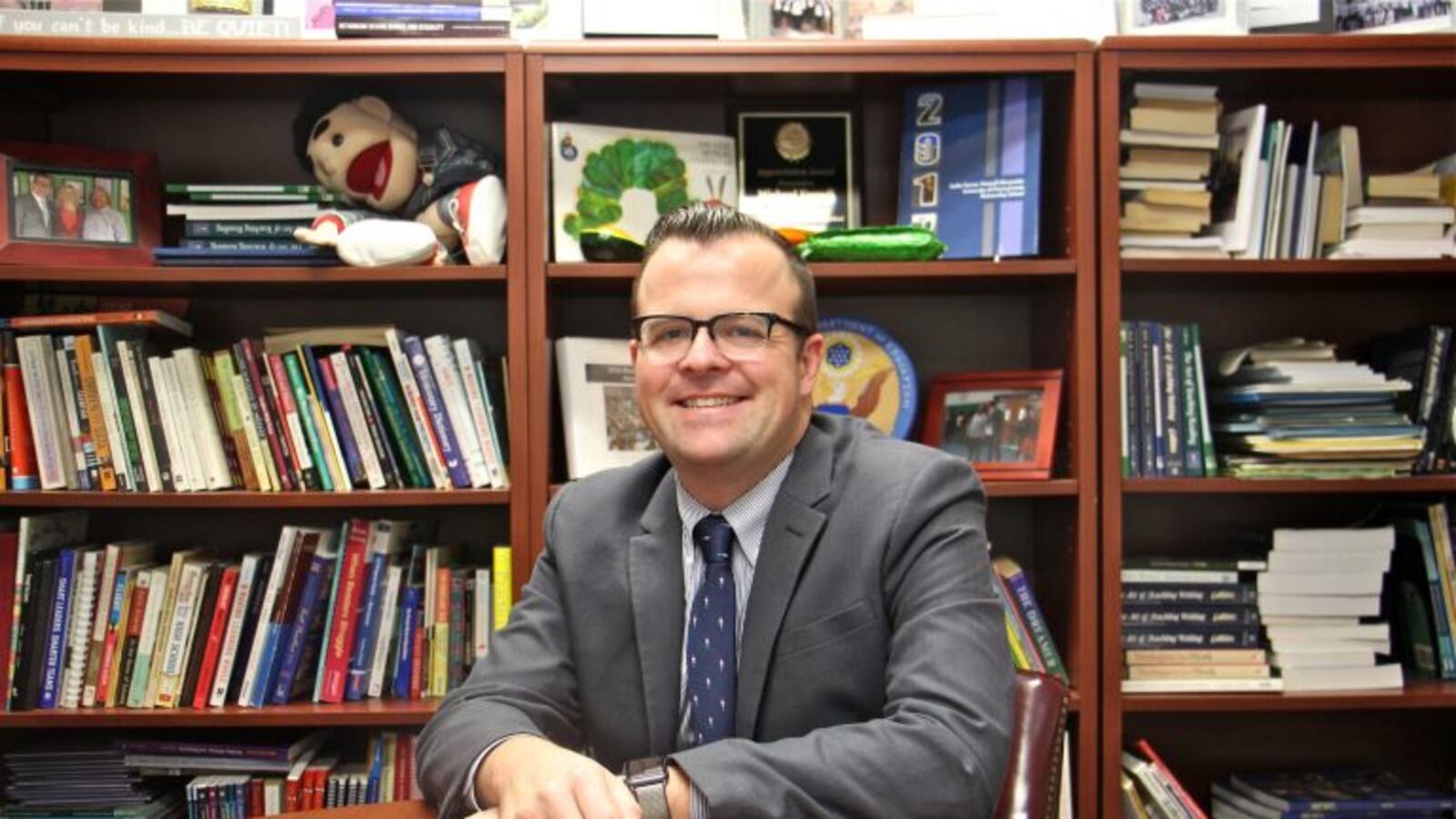This article was originally published in The Notebook. In August 2020, The Notebook became Chalkbeat Philadelphia.
Principals and school officials are partnering with LGBTQ community leaders to form a Philadelphia branch of the Gay, Lesbian and Straight Education Network (GLSEN). The national organization provides tools and resources for schools to address the needs of LGBTQ students.
Ten years ago, Michael Farrell emailed GLSEN, introducing himself as an out teacher asking for resources for his school. He was surprised that Philadelphia didn’t have a chapter of the organization.
Farrell came back to the idea after he worked his way up to principal at the Penn Alexander School, a public K-8 school in West Philadelphia. Now, he said, the time seems ripe.
“We have many bright spots already in the city,” Farrell said. “I think the GLSEN chapter will bring a level of collaboration and coordination throughout the city with organizations that are doing great work, too.”
Farrell wasn’t alone in his thinking.
On the other side of the city, Meredith Elementary School in Queen Village was being commended for following Policy 252, passed in Philadelphia in 2016 to ensure safety and support for students regardless of gender identity or gender expression.
Shortly after that, Meredith’s principal, Lauren Overton, began hearing from students who still felt out of place in schools.
“These were all kids that were going to school within the Philadelphia community, whether it be public, parochial, private, or charter, feeling like they wanted to have a voice to say, ‘Hey, it’s not happening in the same way in every building across the city,’” she said.
Policy 252 is a big first step, Farrell said, but GLSEN can help solidify the policy’s purpose.
“I think the other steps that we need to take to get to the more inclusive place is to really talk about practices and work with small groups of educators — especially principals — to continue to unpack that policy and identify areas of growth for particular schools and communities,” Farrell said.
The budding chapter received an overwhelming local response when it started hosting events and networking with other educators interested in LGBTQ student advocacy.


